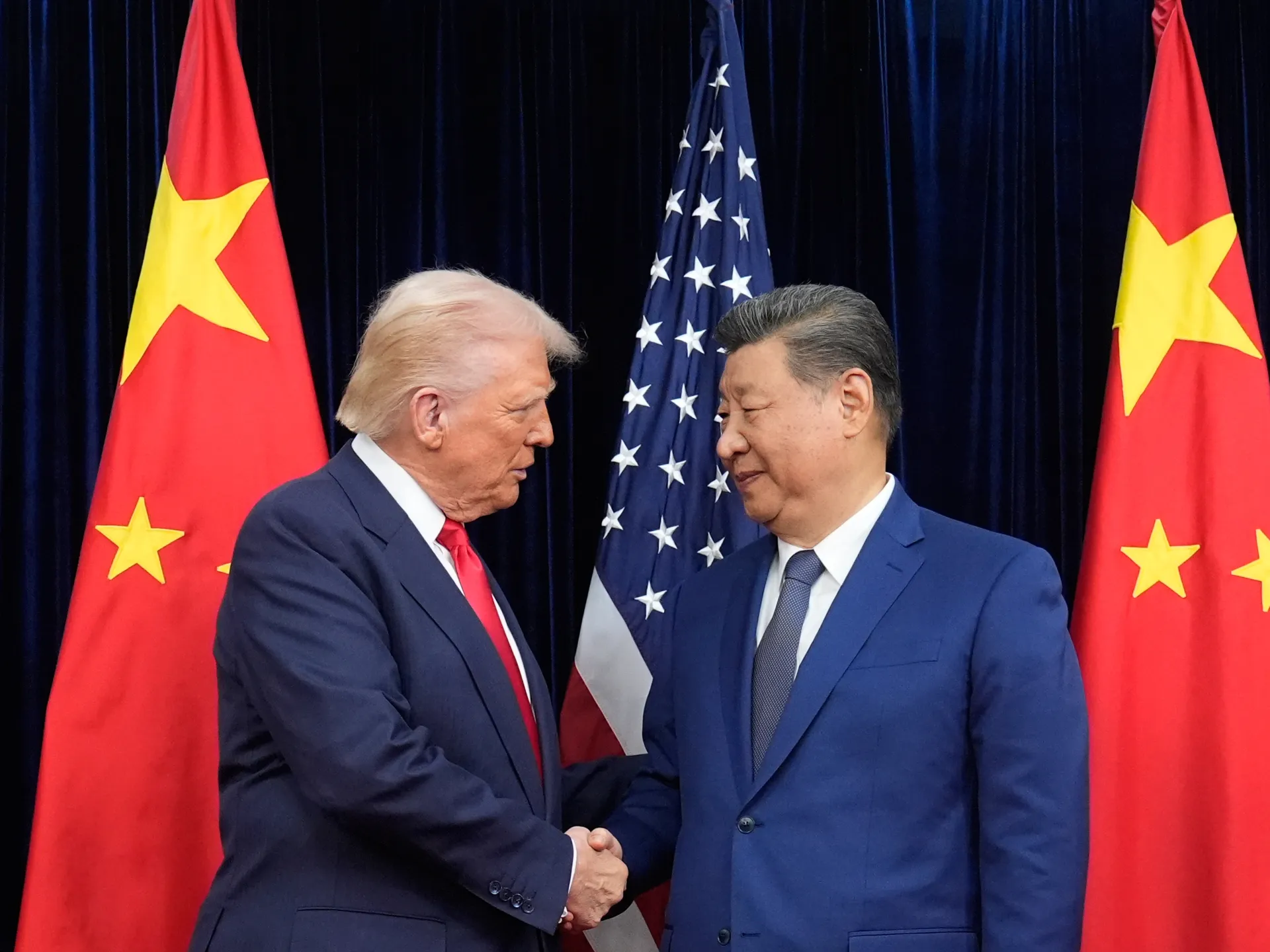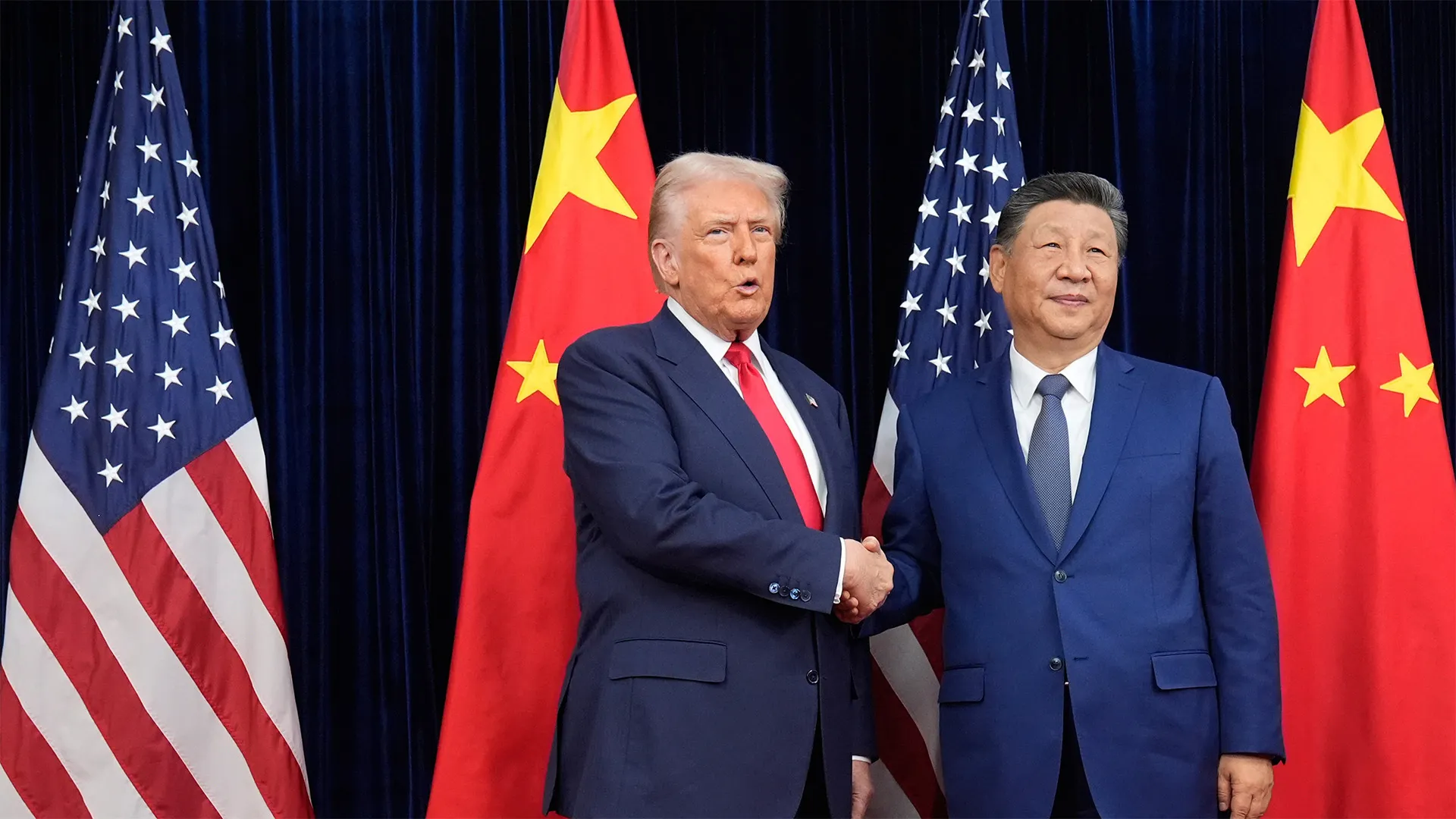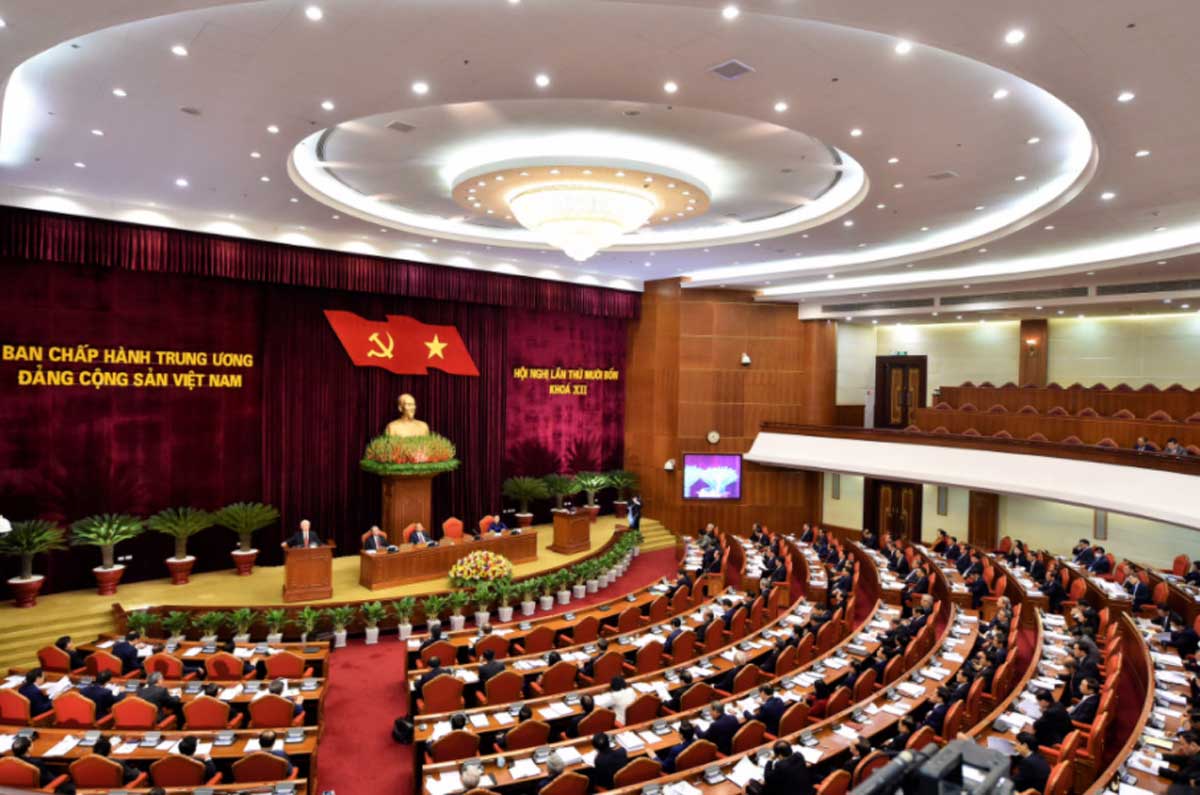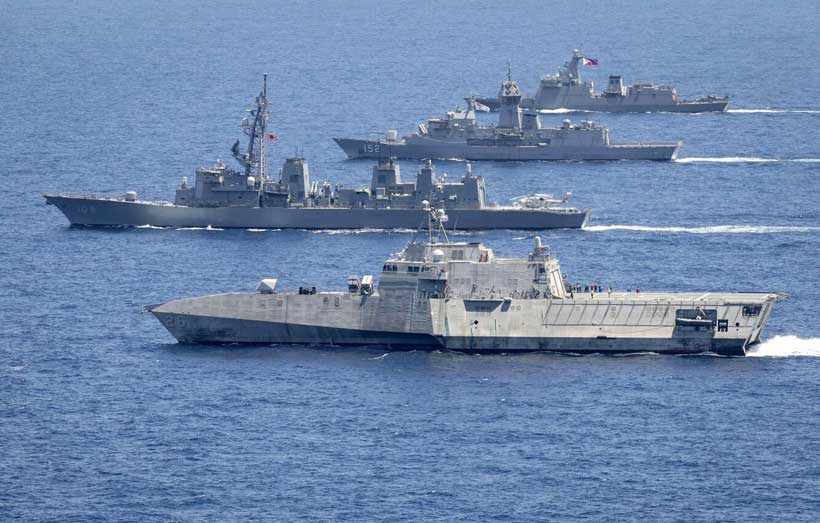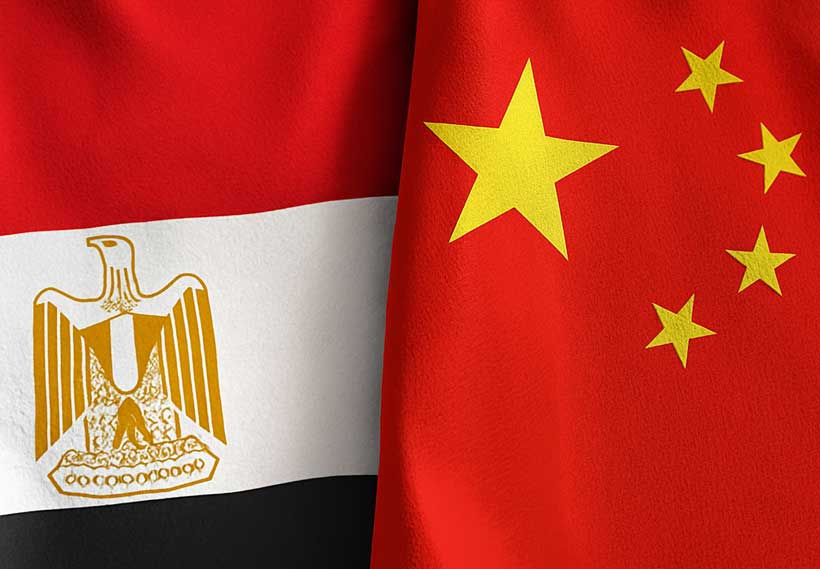Marilyn Hubalde recalls the fear of local residents in Batanes, Philippines, when they first heard military helicopters during joint exercises with U. S. troops in April 2023. Hubalde’s helper even hid in the woods, thinking war had begun. The military drills, part of increased U. S.-Philippines cooperation, involve airlifting anti-ship missile launchers to the islands, marking a significant shift for the once-peaceful province.
Situated near Taiwan, Batanes is now seen as a frontline region in the competition between the U. S. and China for influence in Asia. The province is close to the Bashi Channel, an important shipping route between the Philippines and Taiwan, which connects the South China Sea to the Western Pacific. The recent exercises highlighted how both countries plan to use ground-based missiles to prevent Chinese naval access in potential conflicts.
Experts emphasize that denying Chinese control of the Bashi Channel is crucial, as it could decide the outcome of any conflict. Retired military officials state that controlling the northern Philippines is essential for any Chinese invasion of Taiwan, which China claims as its territory. President Xi Jinping has stated that China may use force to assert control over Taiwan, a position Taiwan’s government rejects, insisting that its future is for its people to determine.
China’s foreign ministry has warned the Philippines against involving external forces and escalating tensions in the South China Sea, calling Taiwan an internal issue that should not involve outside interference. The Pentagon and Taiwan’s defense ministry did not provide comments on these developments.
Using the ‘First Island Chain’
American military deployments in Batanes are part of a broader Pentagon strategy focused on using the Philippines’ geographic position to deter or counter Chinese military actions towards Taiwan and other areas in the South China Sea. The Philippines, consisting of over 7,600 islands and vital maritime chokepoints, is essential to the “First Island Chain,” which comprises territories controlled by U. S. allies, forming a barrier against China’s expanding navy. Rear Admiral Roy Trinidad of the Philippine Navy stated that the archipelago serves as a crucial gateway between the South China Sea and the Pacific Ocean.
The U. S. aims to ensure this gateway remains secure, despite uncertainties about American security commitments under President Donald Trump. Efforts have intensified since President Joe Biden took office to strengthen defense collaboration with the Philippines. Recent reports indicate an evolving and permanent U. S. military presence in the country, characterized by joint exercises and ongoing training, reversing an earlier period after the U. S. left its military base at Subic Bay in 1992.
In a meeting between Philippine Armed Forces chief General Romeo Brawner and U. S. Indo-Pacific Command head Admiral Samuel Paparo, the two sides agreed to more than 500 joint engagements for 2026, covering various military activities. U. S. Secretary of Defense Pete Hegseth highlighted a focus on enhancing capabilities to counter Chinese aggression in the First Island Chain, noting that training activities with the Philippines are increasing in scale and duration.
The cooperation under President Ferdinand Marcos Jr. is vital for containing Chinese forces, especially in a potential conflict scenario. Marcos has stated that should war arise over Taiwan, the Philippines would be inevitably involved, while also emphasizing the desire to avoid conflict. The Philippine defense ministry expressed confidence in the commitments made by the Trump administration.
China’s recent military movements demonstrate the importance of the Bashi Channel for its Pacific strategies. The region has seen enhanced Chinese naval activity, including exercises near Japan, which highlight its ambitions. In response to Chinese “gray-zone” warfare aimed at the Philippines, which involves intimidation tactics against Philippine vessels, the military has reported unauthorized incursions by Chinese ships into Philippine waters. The defense ministry asserts that these actions challenge international law and reflect China’s desire to reshape the global order. China’s foreign ministry did not provide responses regarding these tactics.
War Jitters in Batanes
Communities near key military passages in the archipelago feel vulnerable due to preparations for conflict. In Batanes, residents, like Hubalde, rushed to buy essential supplies like rice, oil, sugar, and milk when military exercises began. The islands heavily depend on regular shipments from the mainland for food, fuel, and medical supplies.
Provincial Governor Ronald “Jun” Aguto Jr. said that the community has adapted to the military presence, which initially caused alarm and panic buying. Aguto is now focused on updating the provincial contingency plan to prepare for a potential influx of overseas Filipino workers (OFWs) from Taiwan during a conflict. There are around 200,000 Filipinos living in Taiwan. He mentioned that Batanes could be used as a launch pad for bringing these workers home, but the islands can support only 20,000 people, requiring a plan to transfer them to the mainland for better sustainability.
The military is developing a rescue plan, according to Commodore Edward Ike De Sagon, the retiring Philippine Navy commander for Northern Luzon. He emphasized that the military is preparing for various scenarios, including handling large numbers of returning workers and possible refugees from Taiwan. The Philippine military has noted Batanes’ strategic location as a potential logistical hub for evacuations and humanitarian responses.
Concerns about being caught in conflict have intensified, especially if China were to attack Taiwan, with fears that Batanes could be targeted. Past military exercises have indicated preparations for potential fighting in the region. Retired politician Florencio Abad urged Manila authorities to reassure the local population regarding plans for managing the impact of conflict, expressing fears about survival in such a scenario. He highlighted the lack of clear communication from the government about evacuating workers from Taiwan or plans for potential refugees. The Philippine defense ministry stated that it is working on contingency and repatriation plans but did not provide details.
Missiles ‘Designed to Close a Strait’
Locals are concerned about potential conflict as the U. S. and the Philippines conduct annual military drills named Balikatan, which includes the deployment of U. S. Marines and new missile systems. The U. S. brought the NMESIS ground-based anti-ship missile launcher to Batanes, capable of launching the Naval Strike Missile with a range over 300 kilometers. This missile can target hostile warships in the Bashi Channel, providing “sea denial capability,” which is crucial for controlling access to this strait.
In late May, more drills occurred with the NMESIS system moved secretly into position for simulated strikes while U. S. and Philippine marines practiced key area operations. Not long after the NMESIS was deployed, China’s aircraft carrier Shandong entered the Western Pacific through the Bashi Channel for military exercises, spotlighting the strategic importance of this maritime route. China also deployed its other carrier, the Liaoning, similarly entering from the Miyako Strait, as both aimed to enhance their naval capabilities. Japan’s military anticipates that in a conflict, it would prevent Chinese access through certain straits, making the Bashi Channel vital for China.
The Philippine military described China’s naval activities as part of aggressive and illegal regional tactics. Meanwhile, the U. S. Army deployed Typhon launchers in Luzon, armed with powerful anti-ship missiles, which can hit targets deep into China, even as Manila expressed a willingness for further deployments despite Chinese objections.
China condemned the U. S. and Philippines’ military exercises and deployment of offensive weapons as destabilizing. The Philippine military clarified that these missile systems are for training and deterrence, not aimed specifically at any country, and operational security prevents them from confirming the locations of such systems. The military maintained that the presence of these missiles during exercises was temporary and not intended to close any maritime routes like the Bashi Channel.
If China doesn’t like it, ‘we’re doing it right’
Senior Philippine defense officials believe that China’s negative reaction indicates it sees the new anti-ship missiles as a significant threat. Retired Admiral Ong noted that disapproval from China means the Philippines is on the right track. The Philippine military recently acquired BrahMos supersonic anti-ship missiles from India, intended to give ground forces the ability to strike Chinese vessels and land targets while staying hidden. This approach helps avoid the vulnerability of fixed military bases to Chinese attacks.
Joint military exercises with the U. S., Japan, and Australia are being conducted to prepare for potential blockades in key maritime routes in the Philippines, such as the Mindoro Strait and the Balabac Strait. The Marcos administration has also allowed the U. S. access to four new military sites in northern Luzon, expanding military cooperation.
U. S. Secretary of State Marco Rubio confirmed America’s defense commitments to the Philippines shortly after President Trump took office and exempted funds for Philippine security force modernization from an overseas aid freeze. Despite increased military activity, Batanes Governor Aguto believes China is unlikely to attack, as it would escalate into a larger conflict.
However, local residents, like store owner Marilyn Hubalde, are preparing for possible disruptions to their supply chains. They are considering the need to grow their own food should conflict arise, emphasizing the importance of self-sufficiency in uncertain times.
With information from Reuters
